![]() 22 Dec 2023
22 Dec 2023
Modern Indian art of the 20th century has witnessed impactful works that resonate with profound social insights. Artists of this era blend tradition and innovation, addressing societal challenges through diverse mediums.
Modern Indian Artworks: Showcasing Artistic Marvels in a Blend of Tradition and Innovation
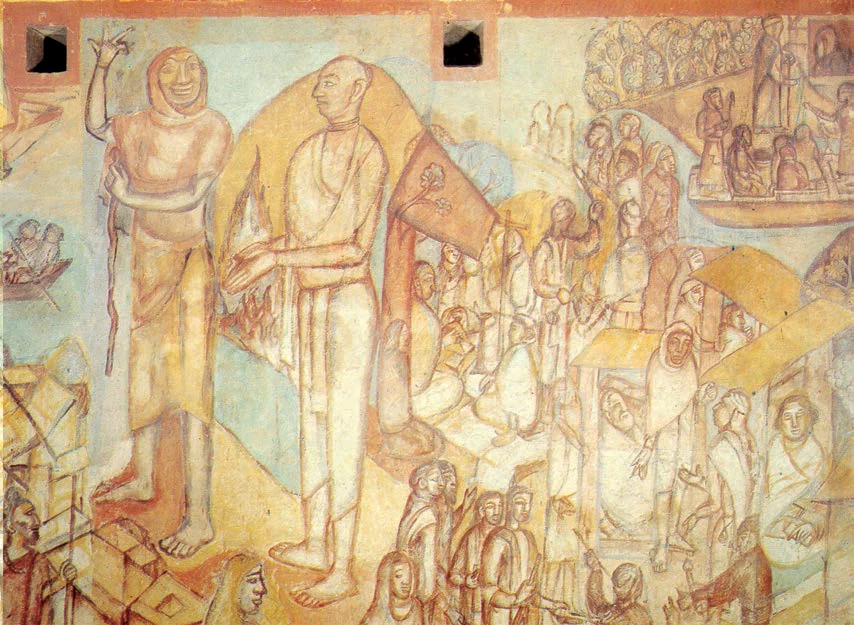
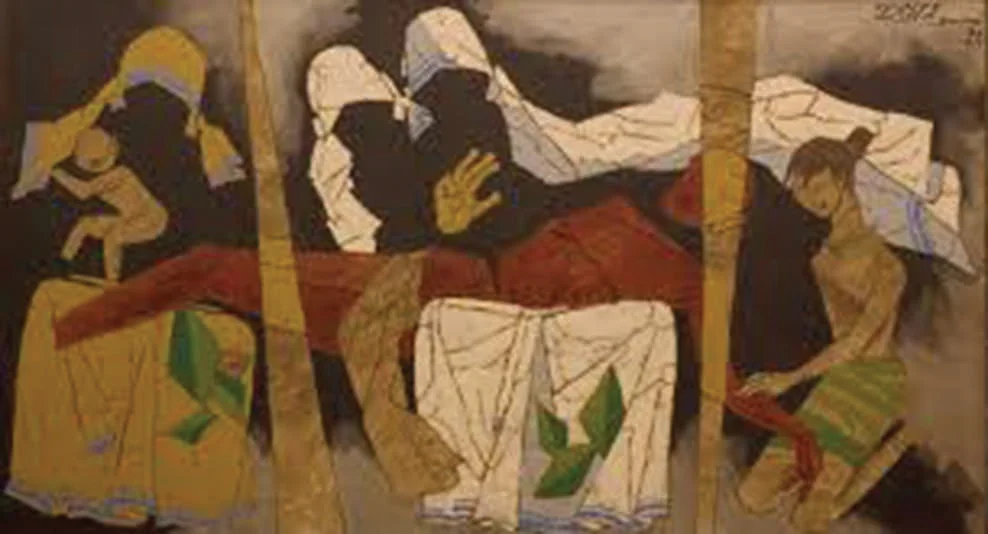
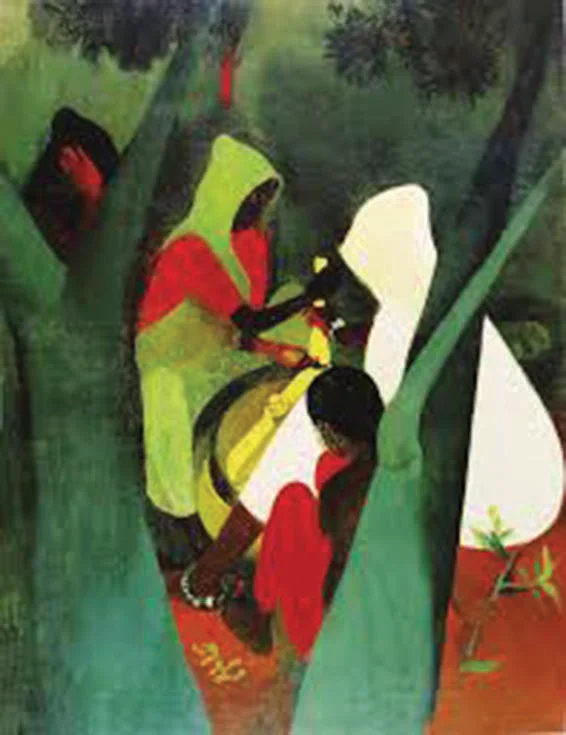
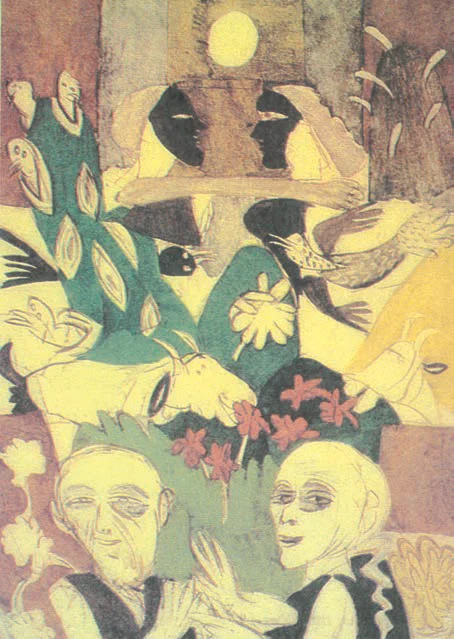
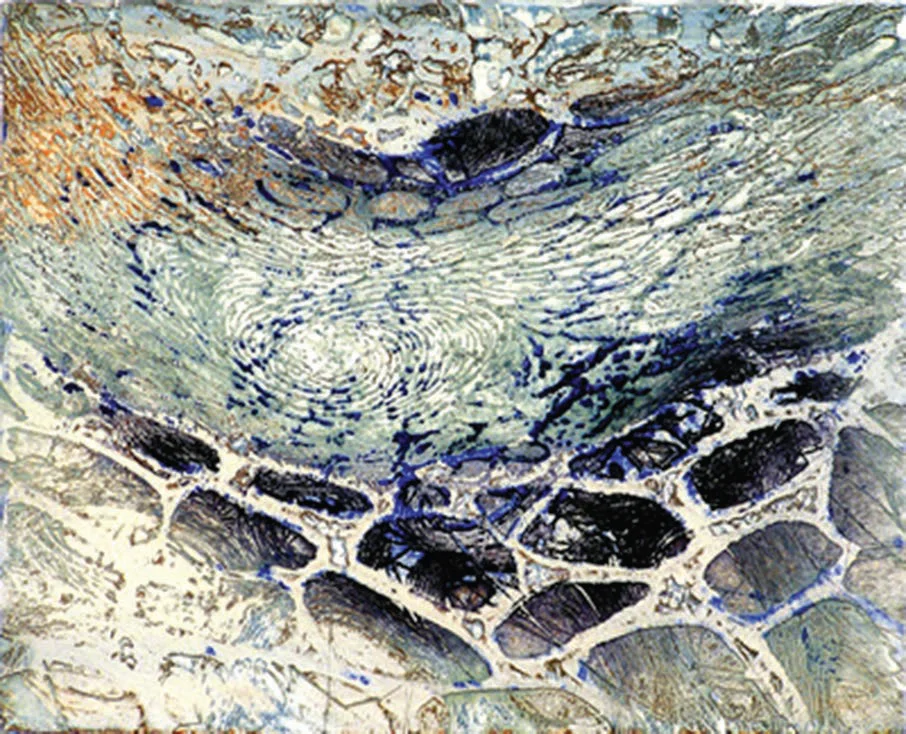
<div class="new-fform">
</div>